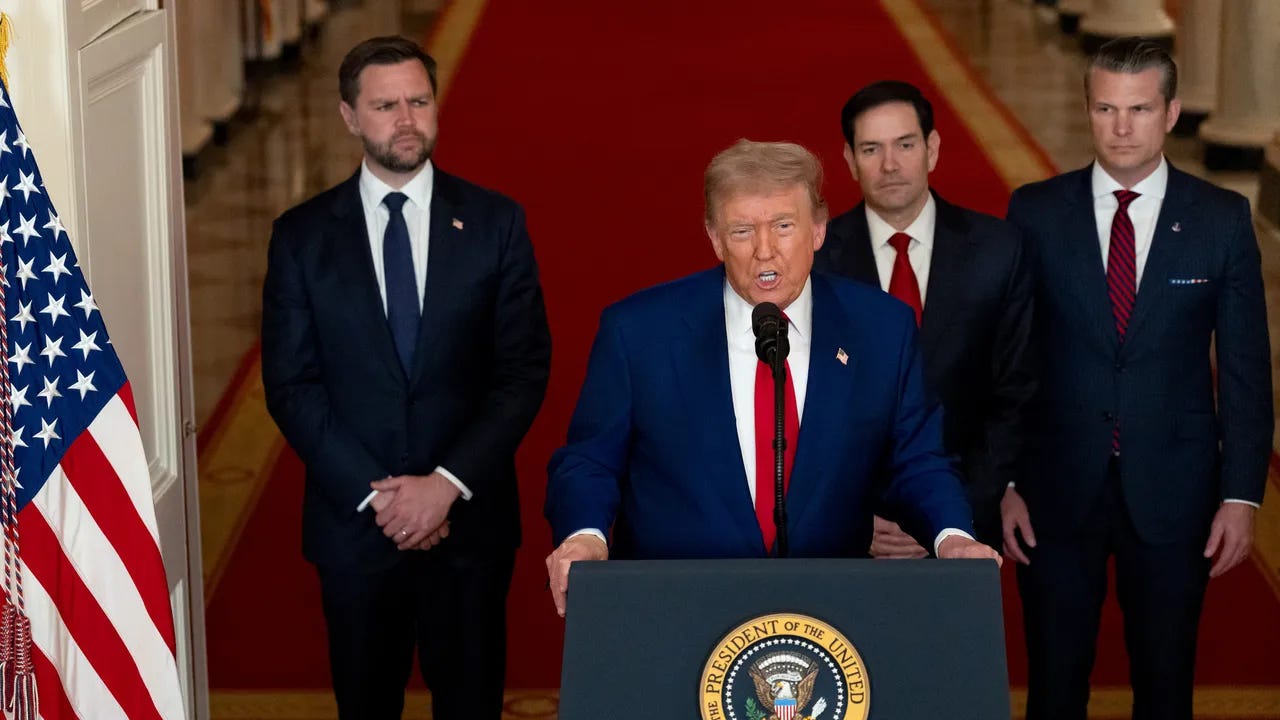Trump's Iran trap
A tactical success may force the president into choices he desperately wants to avoid
The deception was flawless. While Iranian negotiators prepared for nuclear talks in Geneva, believing Trump's public deadline gave them "two weeks" to cut a deal, six B-2 bombers were already racing toward Iran carrying the most destructive conventional weapons in America's arsenal.
It was, in the words of one Trump adviser speaking to Axios, "a headfake…




